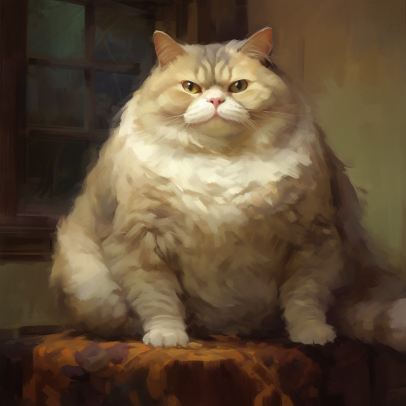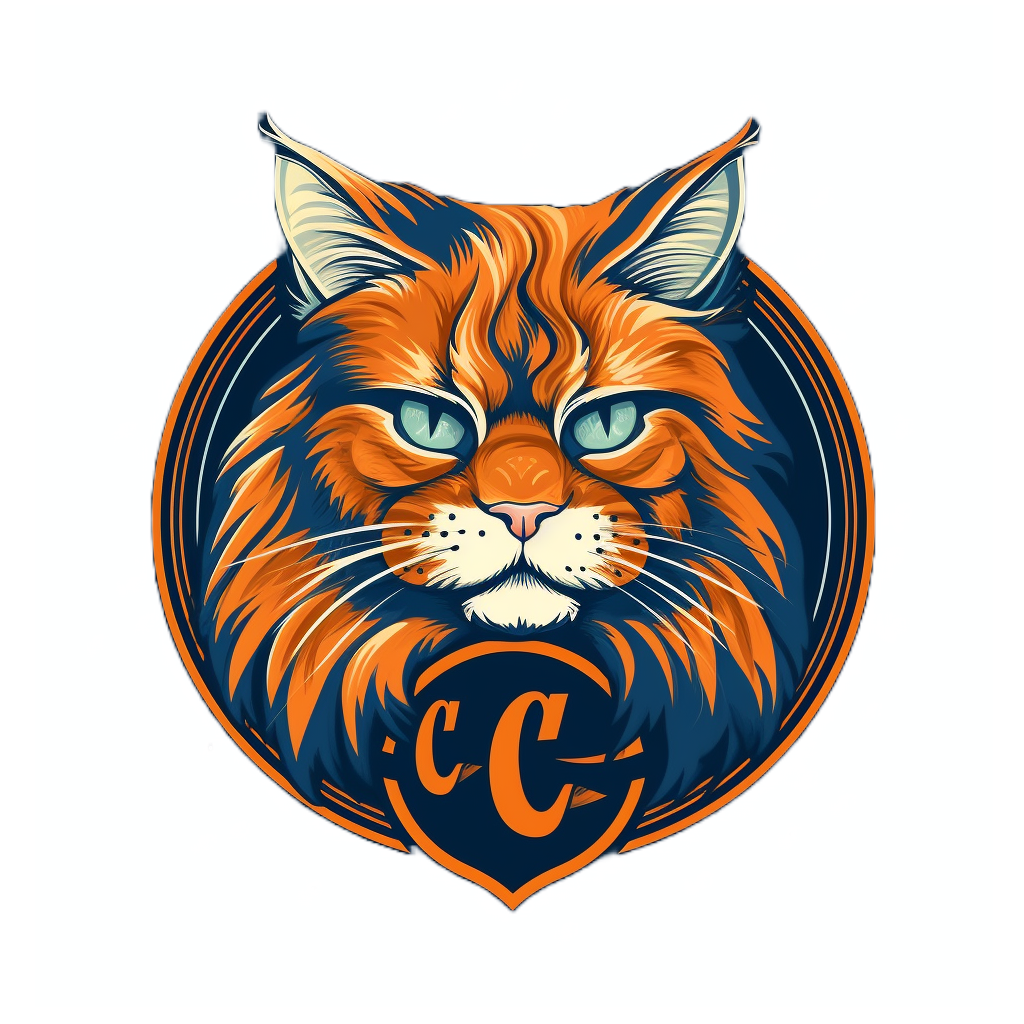Miles the Maine Coon's Guide: How Heavy Should Your Cat Be?

“Today, I want to talk about a purrfectly important topic: how heavy your cat should be.” - Miles the Maine Coon
Introduction
Meow there, humans! I'm Miles, a 5-year-old Maine Coon cat with a story to tell. Today, I want to talk about a purrfectly important topic: how heavy your cat should be. It's essential to keep us kitties at a healthy weight to ensure we live long, happy lives. So, let's embark on this feline-friendly journey together and explore the ideal weight for your fabulous feline friend!
Section 1: Why Weight Matters
Paws for a moment and consider why weight matters for us cats. Just like humans, maintaining a healthy weight helps prevent various health issues. Extra pounds can put strain on our joints, lead to diabetes, and even make it harder for us to groom ourselves properly. By keeping an eye on our weight, you're giving us the best chance at a playful, energetic life!
Section 2: The Ideal Weight for Cats
Now, let's dive into the specifics. The ideal weight for a cat can vary depending on breed, age, and overall body structure. For a Maine Coon like me, the average weight range is around 13-18 pounds (6-8 kilograms). Of course, every cat is unique, so it's essential to consult with your friendly veterinarian to determine the ideal weight for your individual cat.
Section 3: Monitoring Your Cat's Weight
So, how can you tell if your cat is at a healthy weight? Well, you can start by gently feeling their ribs. You should be able to locate the ribs without applying excessive pressure. If we have a layer of fat hiding our ribs, it might be a sign that we need to trim down a bit. Remember, we're magnificent hunters at heart, and carrying extra weight can hinder our natural agility.
Section 4: Maintaining a Healthy Weight
Maintaining a healthy weight requires a paw-sitive approach. Here are a few tips to help your feline friend stay fit and fabulous:
Balanced Diet: Providing us with a well-balanced, nutritious diet is essential. Consult your veterinarian to determine the right type and amount of food for your cat's specific needs. Remember, treats are tasty, but they should be given in moderation!
Meal Portions: Divide our daily food into multiple small portions. This helps prevent overeating and keeps our metabolism active. Plus, it makes mealtime more exciting!
Playful Pouncing: Engage us in regular playtime! It's not only fun but also helps burn calories. Feather toys, laser pointers, and interactive puzzles are all pawsome ways to keep us active and entertained.
Vertical Exploration: Provide us with vertical spaces to climb, like cat trees or shelves. We Maine Coons are quite adventurous and love to explore. These vertical playgrounds give us the opportunity to burn calories while indulging our curiosity.
Section 5: The Importance of Regular Vet Check-ups
Visiting the vet regularly is essential to ensure our overall well-being, including maintaining a healthy weight. Our friendly veterinarians can monitor our weight, address any concerns, and guide you in making any necessary adjustments to our diet and exercise routine. They'll also provide vaccines and check for any potential health issues. Trust me, vet visits aren't so bad when you have a caring human by your side!
Conclusion
Congratulations on being a responsible and caring cat owner! By learning about the ideal weight for your furry friend, you've taken a paw-some step towards providing them with a healthy and happy life. Remember, a healthy weight means more years of play, purrs, and snuggles. Keep an eye on your cat's weight, provide them with a balanced diet, engage in regular playtime, and consult your veterinarian for guidance. Together, we can ensure a lifetime of love and well-being for our feline friends. Meow!

